Network Security Management
What is Network Security Management?

How can you help me with network security?

We realize how important it is to protect not only the data of your patients but also that of your organization. Therefore, we’ll install both physical and software preventative measures to protect your underlying networking infrastructure from unauthorized access, misuse, malfunction, modification, destruction, or improper disclosure, thereby creating a secure platform for computers, users, and programs to perform their respective tasks.

We tackle protection in a few different ways. First of all, we use firewalls and other anti-virus software which identify and then neutralize security breaches that may occur. Another approach involves identity services and encryption. When these are implemented, users must have encrypted passwords and authentication keys which prevent unwanted users from accessing the network.

Lastly, we protect the wireless devices, which access the network. This is done through the use of a virtual private network (VPN) and advanced authentication and encryption.
Let’s Work Together
Whether you just need a nudge in the right direction or a full range of services to get your practice running smoothly, we’re here to help. Book your discovery call today!
FAQs
What are the signs that my network has been compromised?
Common signs of a compromised network include unusually slow system performance, frequent crashes, unauthorized access attempts, strange pop-ups, or devices behaving erratically. You might also notice unexpected changes to settings, locked files (from ransomware), or employees reporting suspicious emails. Security software might issue warnings or detect malware. Regular monitoring and using intrusion detection systems can help spot these red flags early before major damage occurs.
How often should I update my network security systems?
Security systems should be updated regularly—ideally as soon as updates or patches are released by vendors. Firewalls, antivirus tools, operating systems, and software should all be kept current to defend against new vulnerabilities. In healthcare, you should also conduct periodic security audits (at least annually) and review configurations to ensure they still meet HIPAA standards. Automated updates and our managed IT services can help you stay on top of this.
What should I do if my clinic experiences a data breach?
If a breach occurs, immediately isolate affected systems to prevent further damage, then notify us right away. Assess what data was compromised, and begin documenting the incident thoroughly. According to HIPAA rules, you must notify affected patients, the Department of Health and Human Services (HHS), and possibly the media, depending on the size of the breach. Engage legal counsel to ensure compliance and minimize liability, and review your security policies to prevent future incidents. Having an incident response plan in place beforehand greatly speeds up recovery and mitigates impact.
